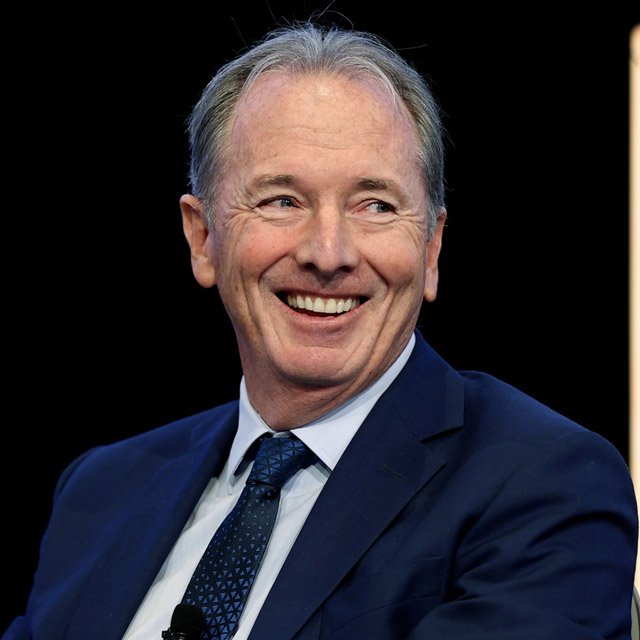
James Gorman's plan to step down as Morgan Stanley's CEO in the next 12 months sets up a battle among three of the Wall Street giant's top executives for their boss's job.
Duking it out are Andy Saperstein, whose operation manages money for the rich — the same business Gorman transformed into a $4.5 trillion Wall Street juggernaut, as well as Ted Pick, who runs the riskier institutional-securities group involved in trading and dealmaking.
Dan Simkowitz, who oversees asset management, is the only candidate with extensive experience on both sides of the firm, though analysts say he's the least likely winner.
Gorman took over at a time when the bank's business model was under fire and Morgan Stanley was struggling to recover from the financial crisis, but his successor will face a different challenge: How to build on the CEO's success in turning the firm around and posting the best share performance among major US banks over the past decade.
Andy Saperstein
The task facing Saperstein, 56, is to prove he can emerge from under the shadow of Gorman — who has been his boss across three different firms — and win support from a company that still relies on Pick's bankers and traders to generate multibillion-dollar windfalls. Another obstacle might be his lack of experience overseas.
Saperstein's business has been "the engine" behind Morgan Stanley's growth in recent years, according to Mike Mayo, an analyst at Wells Fargo & Co., who said wealth management represents two-thirds of the company's market valuation.
The Disney World-loving executive grew up in the working-class New York City borough of Staten Island. His first stint on Wall Street was at Salomon Brothers at the end of the 1980s, after obtaining degrees in finance and economics from the Wharton School of the University of Pennsylvania.
He left for Harvard Law School, but abandoned the idea of a legal career after an internship at McKinsey & Co.
It was at McKinsey that Gorman became his mentor, and the pair have been tied together ever since — jumping to Merrill Lynch from the consulting giant and then to the New York-based Morgan Stanley.
Ted Pick
Arguing in favor of Pick, 54, is his success in taking on Goldman Sachs Group Inc. in the battle for Wall Street riches — and helping revive the trading business.
"Pick may be a slightly more likely choice, running the institutional group, including its top-tier global investment-banking and equities businesses," KBW analyst David Konrad wrote in a note. "Importantly, Ted was instrumental in turning around Morgan's FICC business."



